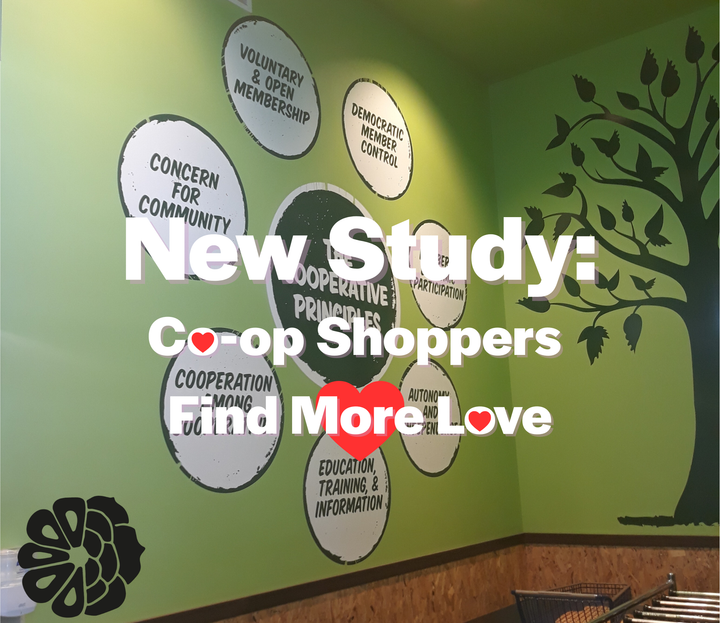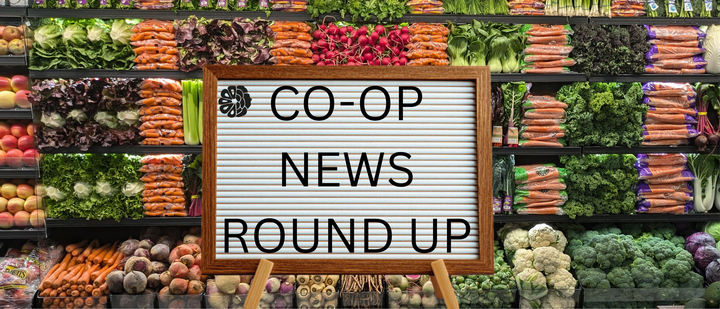Who You Gonna Trust?

The last month has seen a number of headlines that signal the government retreating from public health and safety. The state of Florida plans to end school vaccine requirements. The USDA is cancelling contracts with food safety and animal health inspectors. The administration pulled back funding to study forever chemicals on U.S. farmland, continuing a trend of attempting to simply ignore problems it is not interested in addressing. It may be no wonder that public trust in the federal government is polling at 33%.
Believe it or not, we’ve actually been here a few times before. Lack of food safety oversight around the turn of the 19th century was chronicled in the book The Jungle, and helped lead to stricter regulations. More recently, there was the birth of the natural foods movement in the 1970s. For most of human history, there was no need for a separate category of food designated as “natural” or “organic”. Food grew in the ground and we ate it. But after WWII chemicals like DDT, which was used a pesticide to keep the troops healthy from insects, were repurposed as an insecticide sprayed on crops domestically.
In the decades after the war, a lack of environmental and food safety regulations led to an increasing number of incidents that drew national attention. The speed with which food companies began to process food in new ways led to the Food Additives Amendment of 1958 requiring the FDA to disapprove ingredients shown to be linked to cancer. Mounting environmental concerns in the 1960s were headlined by the Santa Barbara oil spill and the Cuyahoga River fire in 1969.
The feeling that the government should be doing more to protect human and planetary health found a home in the movement that led to the first organized Earth Day in 1970. It was in this context that many second wave co-ops also opened their doors. The connection between co-ops and natural foods largely began in this time period. There’s nothing inherent in the cooperative business model as applied to grocery stores that requires them to sell natural foods. But stores like the Park Slope Food Co-op, Outpost Natural Foods, and the Sacramento Food Co-op can trace their origins to this time in history.
We may very well again be entering an era where people cannot inherently trust the government to protect the health of people or the planet. If food safety inspections and chemical regulations are to no longer be the purview of the federal government, people will need institutions they can trust for guidance. Food co-ops can once again step into that void and provide a source of trust and honesty in an industry that is shrinkflating its reputation over time. Radioactive contamination found in shrimp at Walmart. Avocado importers accused of greenwashing. Large grocery chains and multinational food corporations have shown little ability or interest in self-regulating. Without federal oversight, incidents of food borne illness outbreaks seem destined to increase.
Food co-ops are owned and operated by the communities around each store. There’s no profit motive to ignore the health of the very owners who patronize the store. Unlike many corporations traded on the stock market, co-ops don’t change their values depending on who is President at the moment. Consumers know they can trust co-ops to make ethical decisions that put people over profits. In recent years when retailers gouged consumers with price increases under the cover of inflation, food co-ops led the way with ethical pricing decisions.
Public trust can’t be flipped like a light switch. The policy changes the government is making today will have lasting effects. In the 1970s, a full two decades before there was an official regulatory definition for “organic”, food co-ops helped to create trust in the products they sold and the ethical way they ran their businesses. A frustrated public will be looking for somewhere to turn as they see food conglomerates leave destruction in their wake and pay no consequences for it. Food co-ops can once again be that answer.




Comments ()